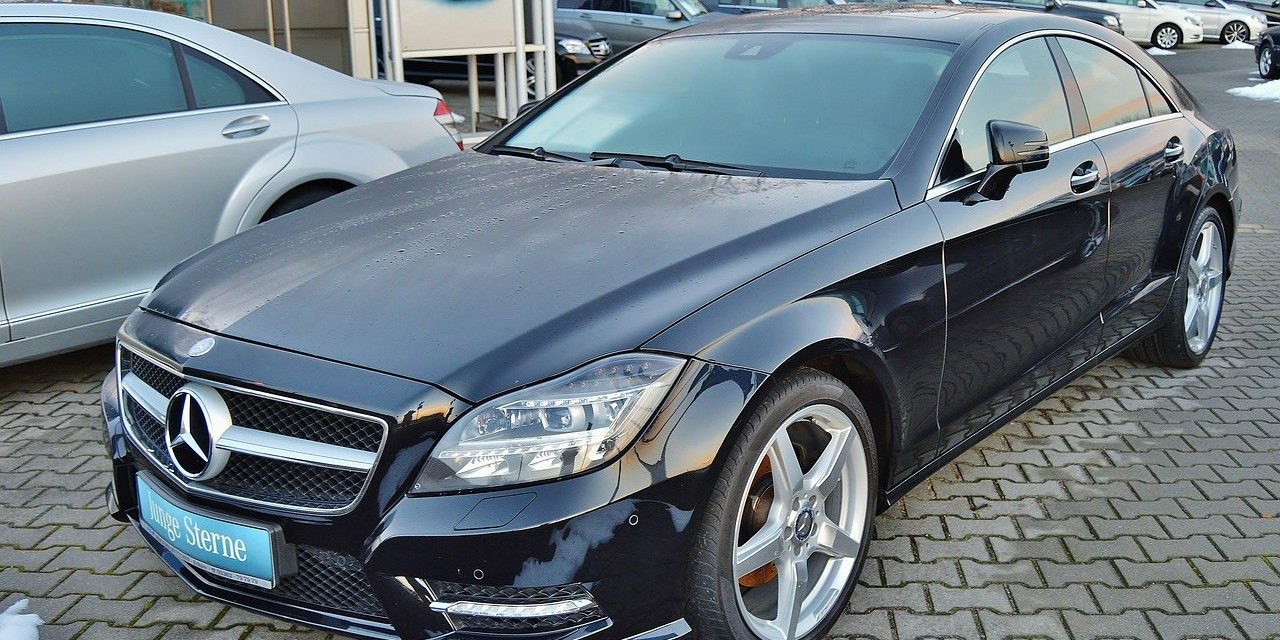COACHELLA —The easternmost city the Coachella Valley, Coachella is largely a rural and agricultural community in the desert and one of the state’s fastest-growing cities in the late 20th century. It is also one of 20 cities that overspends on vehicles, according to a report released Wednesday, Feb. 12.
With Presidents’ Day approaching and consumers having taken out another $18 billion in auto loan debt in the third quarter of 2019 alone, the personal-finance website WalletHub today released the first-quarter installment of its Auto Financing Report along with its in-depth analysis of 2020’s Cities that Overspend on Cars.
U.S. auto sales were down slightly in 2019 but auto manufacturers still sold over 17 million vehicles for the fifth consecutive year. Experts predict the number of vehicles sold in 2020 to be between 16.7 and 17.1 million. Many Americans purchase cars after tax season, especially on Presidents’ Day weekend. Unfortunately, this year, refund delays could leave many people with less money for a down-payment, according to WalletHub.
In order to determine where Americans overspend on their set of wheels, WalletHub compared the median auto-loan balance of more than 2,500 U.S. cities.
Cities that Overspend on Cars are:
- Bastrop, LA
- Dahlonega, GA
- Donna, TX
- Cordele, GA
- San Luis, AZ
- Alice, TX
- Brownsville, TX
- Lake Placid, FL
- Willis, TX
- Cedartown, GA
- Rio Grande City, TX
- Big Spring, TX
- San Juan, TX
- Coachella, CA
- Douglas, GA
- Mercedes, TX
- Walterboro, SC
- Moultrie, GA
- Mount Pleasant, TX
- Alamo, TX
The report also found that:
- Interest rates for new cars are at one of their lowest points in three years, with the average new-car loan today charging 14 percent less interest than the average used-car loan.
- Compared with buyers who have excellent credit, those with fair credit will spend about four times more, or about $6,031, in interest over the life of a five-year, $20,000 loan when financing a vehicle.
- The best options for financing a new car include car manufacturers (rates at 28 percent below average) and credit unions (rates at 16 percent below average). Secondary options include regional banks (rates at 12 percent above average) and national banks (rates at 13 percent above average).
- Car manufacturers continue to lack transparency when it comes to leasing offers, with the average automaker receiving a WalletHub Transparency Score of 4.4 out of 10.
Read the full report by clicking here.
Image Sources
- Mercedes: Image by Ulrich Dregler from Pixabay







